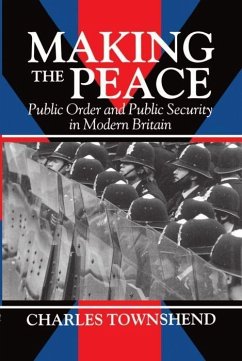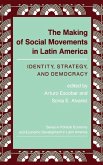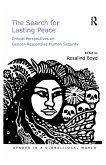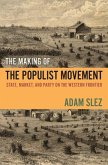In recent years, such episodes as the death of Blair Peach, the Miners' Strike, the Scarman Report, and the Ponting and Stalker affairs have raised serious doubts whether the 'British way' of maintaining law and order by consensus is still feasible. Beginning with the Swing, Chartist, and Plug Riots, Charles Townshend shows how the definition of public order was steadily tightened during the Victorian era and how that process has continued throughout this century, thanks to such legislation as the Official Secrets, Public Order, and Emergency Powers Acts. This is a wide-ranging and readable historical analysis of the fundamental concepts on which the law-and-order debate rests. As well as exploring the issues and events that have influenced mainland affairs, Professor Townshend also examines the Irish situation between the nineteenth-century Land War and the Prevention of Terrorism Act. He questions whether the periodic 'crises of order' that seem to be threatening modern Britain have eroded the flexibility of the unwritten constitution.
Hinweis: Dieser Artikel kann nur an eine deutsche Lieferadresse ausgeliefert werden.
Hinweis: Dieser Artikel kann nur an eine deutsche Lieferadresse ausgeliefert werden.








